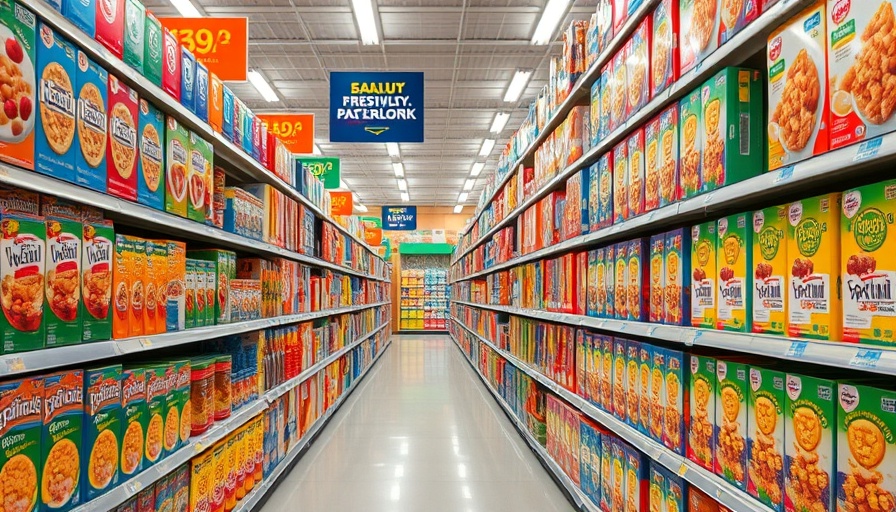
Proposed Cuts: A Threat to Philadelphia’s Food Security
The recent proposal for $2 trillion in U.S. federal spending cuts has sparked serious concerns, particularly for the vulnerable populations in Philadelphia. Nearly 500,000 residents, representing about one-third of the city's population, benefit from the Supplemental Nutrition Assistance Program (SNAP), which is crucial for low-income families trying to purchase groceries.
The Impact of SNAP on Local Economies
According to data from the Food Research & Action Center, about 14% of residents in Pennsylvania rely on SNAP to make ends meet. In Philadelphia alone, SNAP redeemed $5.2 billion in benefits within the local economy in 2023. This substantial contribution helps keep many businesses afloat, particularly in tougher economic climates—a fact often overlooked in budget discussions.
Potential Consequences of Funding Reductions
While the specifics of the proposed cuts remain unclear, experts predict a potential 20% reduction in SNAP funding. Such cuts would not only impoverish thousands more families but also exacerbate food insecurity, especially in a city already grappling with a poverty rate of about 23%. The Greater Philadelphia Coalition Against Hunger reported that, prior to the proposed cuts, families were already losing an average of $95 per month since the end of COVID-19 era support programs. This is not only a financial loss but also threatens the health and well-being of families.
Broader Implications for College Students
Surprisingly, college students in Philadelphia could be among those adversely affected. Many report food insecurity, impacting their academic performance and concentration. The cuts can lead students to opt for cheaper, less nutritious food options, ultimately degrading their health and educational outcomes. Addressing food insecurity must extend beyond traditional perspectives to include the unique challenges facing students.
Looking Ahead: Building Resilient Communities
Community leaders emphasize the need for innovative solutions to combat impending food insecurity amplified by potential funding cuts. As organizations like the Greater Philadelphia Coalition Against Hunger and Benefits Data Trust have closed their doors, the burden shifts to local governments and community members to fill the gaps in resources and assistance.
Your Role in Addressing Food Insecurity
As top wage earners in Philadelphia, your awareness can drive change. Many charities and initiatives are seeking support to bridge the gap for residents in need. Engaging with local food banks, volunteering time, or financially supporting organizations focused on hunger alleviation can make a significant impact in the fight against food insecurity.
In conclusion, vigilant advocacy and proactive measures are essential to safeguard the food security of our most vulnerable citizens. As discussions about budget cuts unfold, it is crucial that we recognize the widespread implications for Philadelphia's economy and communities, ensuring that everyone has access to basic nutritional needs.
 Add Row
Add Row  Add
Add 




Write A Comment